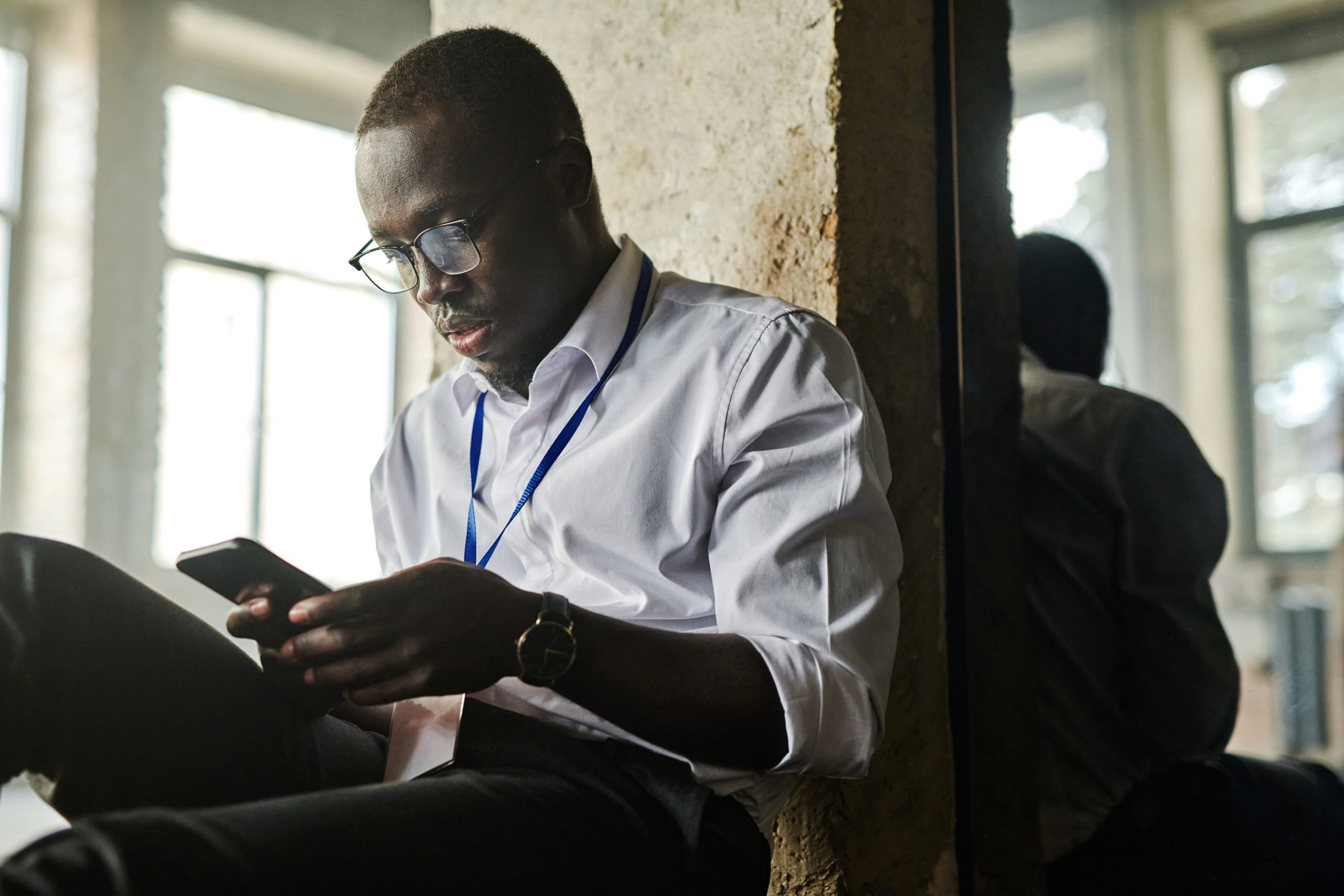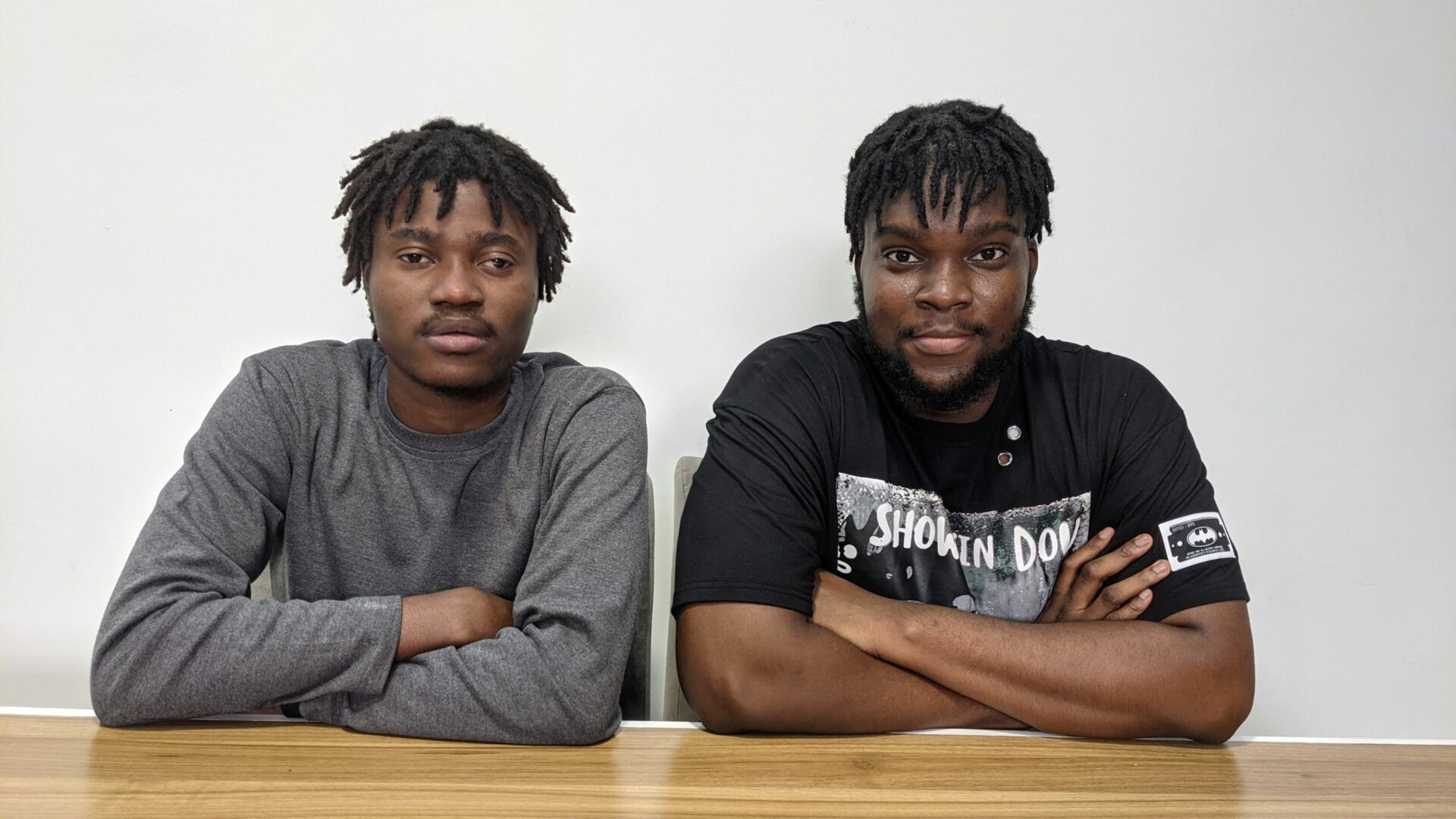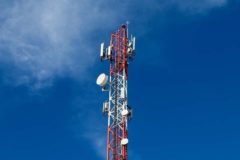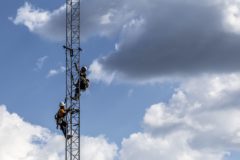Reports from Data Sparkle, a data and analytics platform for emerging markets, have shown that Africa has over 270 million monthly active users who spend one-third of their time on mobile apps.
As the world moves towards a more digital landscape, more people rely heavily on their mobile devices for a lot of activities. Per a new report [pdf] from Data Sparkle, Africans spend one-third of their daily life—over 4 hours each day—on their mobile phones, using an average of 12GB of data monthly.
The report, named “The Changing Landscape Of Africa’s Mobile App Market”, analyses Africa’s mobile market’s transformation in the past year by examining various aspects, including the behaviours and preferences of mobile users, the apps that have gained popularity, and the contributions made by developers. According to the report, Africa had over 270 million monthly active users of mobile apps as at the end of 2022, representing a 14% rise from the beginning of the year.
Data is becoming more affordable in Africa
According to the report, Africans use an average of 12GB of data monthly. Mobile internet has become more affordable lately, with the cost of 1GB of data dropping across the continent. Between 2019 and 2022, the average cost of 1GB of data dropped by 38% in Egypt, 69% in Kenya, and 91%
Africans spend a tiny fraction of their income on data subscriptions
In today’s digital-centric society, more people rely on the internet to stay in touch with friends and family, work and do business, thereby spending more on data subscriptions. According to the Data Sparkles report, most users spent an average of $5-15 monthly on data subscriptions- a meagre fraction of their average monthly income. Kenyans spend 7.9% of their income on data subscriptions, while Nigerians spend 6.2%. Egyptians and South Africans spend 3.8% and 1.9% of their income on data subscriptions respectively.
The report also showed that users from Egypt and Kenya consume the most data monthly, with averages of 24.3GB and 14.1 GB respectively in monthly data subscriptions.
African mobile phone users are night crawlers
According to the report, most Africans used their phones mainly at night— – after 6 pm, with phone usage peaking between 7 and 9 pm. Also, Africans spend one-third of their daily life—over 4 hours every day—using their mobile phones. A large portion of this time is spent on communication and social apps. In contrast, a minute fraction is spent on news, books and music apps. On average, African users spend up to 23 hours monthly on social media, split among popular social media platforms, Facebook, Tik Tok, Youtube and Instagram.
Africans love their leisure time
Of the 575 apps surveyed in this report, 183 games were in the top 500 apps categories, representing 36.6%. Other popular app categories include tools (41 apps, 8.2%), music & audio (32 apps, 6.4%), video players & editors (31 apps, 6.2%), communication (28 apps, 5.6%), social (26 apps, 5.2%), finance (22 apps, 4.4%) and productivity (22 apps, 4.4%).
While gaming had the most significant representation in the top apps category—36.6 of the total apps surveyed—the number of monthly active users of mobile games in Africa also saw an increase, with over 200 million users spending an average of 12 hours monthly playing casual, puzzle, card and arcade games. Subway Surfers, Candy Crush, Ludo Master, and Talking Angela, amongst others, were the most played games in which African users found comfort and swiped away their stress.
There is room for more
With a young population, increased smartphone adoption, and improved Internet penetration, Africa has become one of the major emerging markets in the world today. Overall, the report showed that “Africa’s mobile market maintained its growth momentum in 2022” thanks to the continuous improvement in the quality of its network connectivity. Mobile internet consumption on the continent also swelled, with global players from different industries establishing businesses here.
According to the report, there is still room for growth on the continent. While some app categories such as communication, social games, finance, shopping, and pan-entertainment have seen increased active users, others are still reeling from the impacts of the pandemic but “will soon recover and are expected to offer enormous opportunities” to Africa.





















